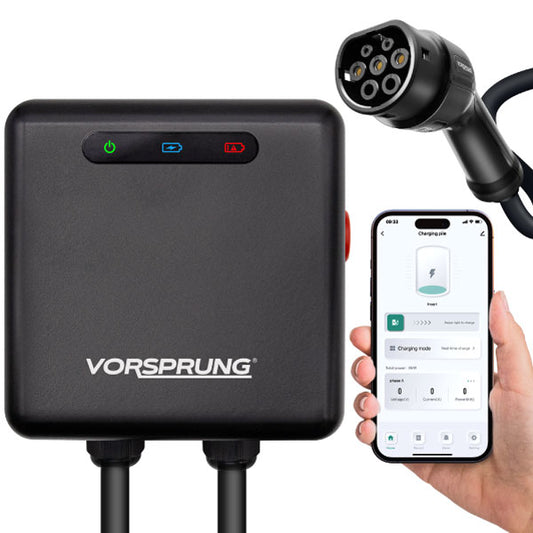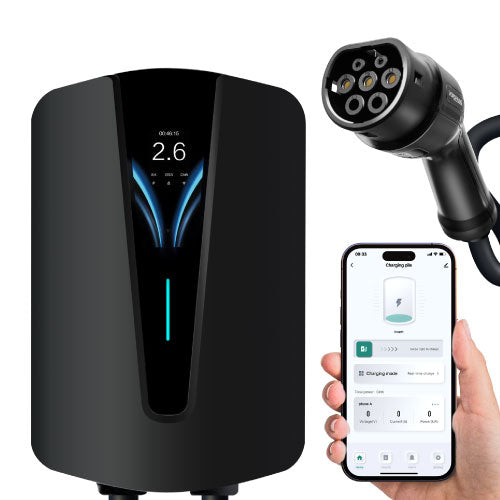Electric cars are becoming increasingly popular, and for good reason. They offer a number of advantages over traditional petrol and diesel cars, including lower running costs, reduced emissions, and improved performance. However, there are also some tax implications to consider when owning an electric car.
Current Electric Car Tax Laws in the UK
Currently, electric cars are exempt from Vehicle Excise Duty (VED), also known as road tax. This means that you do not have to pay any annual tax to the government for owning an electric car. However, this exemption is only temporary. From April 2025, all new electric cars will be liable to pay VED, although the first year's tax will be reduced to £10. After the first year, electric cars will be taxed at the same rate as petrol and diesel cars.
Other Taxes that Apply to Electric Cars
In addition to VED, there are a few other taxes that may apply to electric cars. These include:
- Benefit in Kind (BIK) tax: If you use an electric car for business purposes, you may have to pay BIK tax. The amount of BIK tax you pay will depend on the value of the car and your income.
- Fuel duty: Electric cars do not use fuel, so you do not have to pay fuel duty. However, you may have to pay other taxes, such as VAT, when you buy the car or when you charge it.
- Local authority charging: Some local authorities charge a fee for charging electric cars in public charging points. This fee is usually very small, but it is worth checking before you use a public charging point.
How to Tax Your Electric Car
If you own an electric car, you will need to tax it every year. You can do this online at the GOV.UK website. You will need to provide your vehicle registration number and some other details.
What if I Have Questions about Electric Car Taxes?
If you have any questions about electric car taxes, you can contact the Vehicle and Operator Services Agency (VOSA) through their official website. You can also contact your local authority for more information about local charging fees.
Conclusion
Electric cars are a great way to save money on fuel and reduce your carbon emissions. However, it is important to understand the tax implications of owning an electric car. This guide has provided you with all the information you need to tax your electric car correctly.
Here are some additional tips for electric car owners:
- If you are using your electric car for business purposes, you may be able to claim a tax deduction for the cost of the car and the electricity you use to charge it.
- If you are planning to lease an electric car, make sure you understand the terms of the lease agreement. Some lease agreements may include a fuel charge, which could increase your overall costs.
- Keep an eye on the latest developments in electric car technology. As the technology continues to improve, the cost of electric cars is likely to come down. This could make electric cars even more affordable in the future.
I hope this blog post has been helpful. If you have any further questions, please feel free to leave a comment below.










